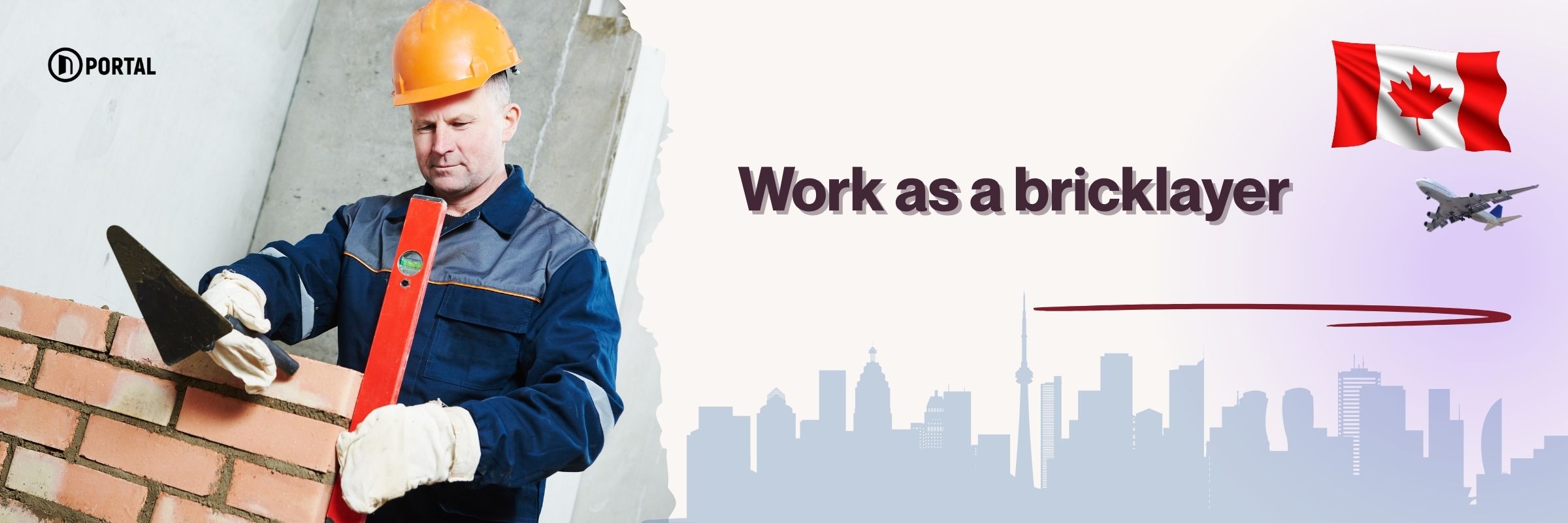
Work as a bricklayer for Canadian construction and masonry companies involved in residential, commercial, or industrial projects.
This position is eligible under two Canadian work permit programs:
Bricklayers are in demand across Canada’s construction sector. This trade offers stable, well-paid work and is eligible for permanent residency under several skilled worker programs.
As a bricklayer in Canada, you will:
Once hired, immigration consultants will assist with the work permit process
Yes. Bricklayer jobs usually fall under TEER 3, which is PR-eligible. Work experience as a bricklayer can count toward the Canadian Experience Class or Provincial Nominee Programs (PNPs).
Yes. Since bricklayer roles are TEER 3, your spouse may qualify for an open work permit and your children may qualify for study permits.
No formal license is required in most provinces, but employers prefer candidates with proven experience or trade certifications. Some provinces may offer voluntary trade certification for higher wages and recognition.
Construction companies, masonry contractors, and renovation firms across Canada regularly hire bricklayers for new builds and restoration projects.
Work permits are usually issued for 1–3 years, depending on your job offer. They can be renewed if your employer extends your contract.
The process — from job offer to receiving your work permit — can take up to 1 year, depending on your profile, the employer’s response, and visa processing times.